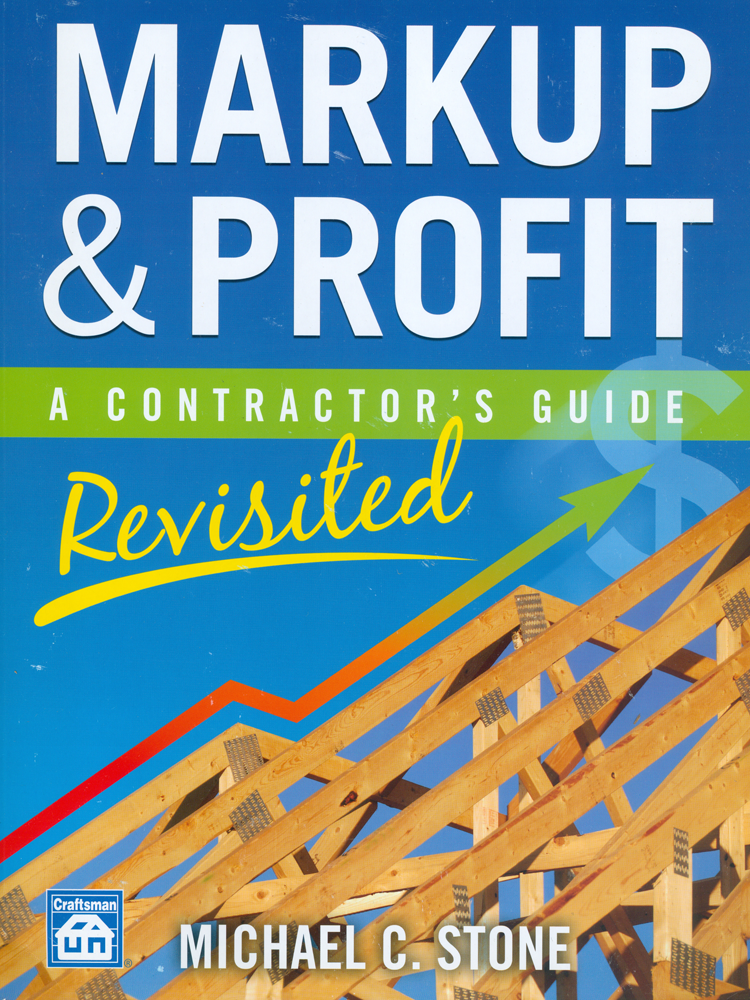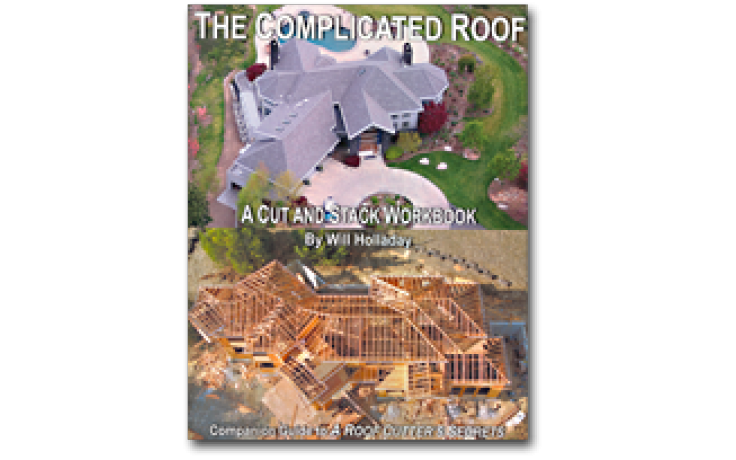Not Your Grandpa's Roofing Technology Talk
Reliant's top executives highlighted three specific technological areas that roofing contractors should incorporate to improve their business.

Technology like drones that was once foreign have become mainstays in the roofing industry, but as the top executives at Reliant told Best of Success attendees, drones are just the tip of the iceberg.
Sean Shapiro, CEO and owner of the Florida-based Reliant, along with President Cameron Shouppe, highlighted three specific technological areas that roofing contractors should incorporate to improve their business.
“As you guys know, we’re a get-your-hands-dirty, blue-collar industry, there’s really been slow advancements in technology, but I think things are really ramping up,” Shapiro said.
Automation
Over the past year, Reliant has optimized and automated various systems that were previously handled manually, and shared how those initiatives enhanced operations.
Check out more content from Best of Success, including more seminars, photo galleries from the event, and more highlights from the show!
( 2019 Best of Success Highlights )
As an example, through integration software, Reliant automatically pulls permits as well as record notices of commencement. This allows the employee who manually handled these tasks to take on more complicated and revenue-generating projects.
“Do that 100 times in your company — you’ve taken a large chunk of money they was sucking costs on not-efficient processes and systems … and reinvest it in lead generation,” Shapiro said. “Now we’re selling exponentially more jobs.”
Automation can extend to customer interactions as well. By enabling easy online processes, customers can educate themselves and handle most of the sales process themselves before Reliant representatives ever give them a call.
For residential customers, homeowners can complete online submission forms and submit photos of their home, which are entered into estimation software. This is then emailed back to clients along with a link to Reliant’s virtual showroom that uses the submitted photos to show different products on the homeowners’ building. Once the customer reaches a certain point in the automated process, Reliant contacts them to discuss any further details.
“Our business runs on auto-pilot,” Shapiro said. “It allows us to focus more on the customer experience for the homeowner and deliver more value to them.”
Shapiro said Reliant is still working on how to automate processes for the commercial side, though he admitted it’s a lot more nuanced and may never be fully automated.
Using VR and AR
A rapidly-growing sector of roofing technology is virtual reality (VR) and augmented reality (AR). Shouppe said while many of the latest advancements tend to benefit roofing contractors, this is one that contractors can adopt to directly improve the customer experience.
“That’s what customers and consumers are looking for, it’s all about that experience, and technology can do that,” Shouppe said.
After a visit to the University of Florida’s construction management program, which has a VR lab, Reliant discovered that investing in VR technology isn’t as costly as one might think — the lab’s entire setup costs about $600, including computers, goggles, gloves and sensor.
“Most gaming laptops can run it,” Shouppe said. “You can have all your sales guys set up for essentially $3,000 to have a VR setup with them.”
This is especially potent when taking an educational approach with customers. VR allows them to see their homes in a new way during a sales presentation instead of relying on aerial photos.
Augmented Realityh takes a different approach than VR by using special glasses that superimpose images over reality. As an example, Shouppe said a homeowner can put on a pair of the glasses and view their actual home with different materials or color options on their roof.
Shouppe said Reliant even enhanced its showroom with the technology. Customers are able to view their homes in VR, while AR allows Reliant to display loads of information about products, from color options to wind ratings, without having to create signage.
“It’s way more data that you can see through the AR than we’d ever be able to put on our showroom walls,” Shouppe said.
Artificial Intelligence
Artificial intelligence (AI) may seem like it belongs in science fiction instead of the construction industry, but Shouppe said it’s appearing in real-world jobsites with project planning, risk management and quality control.
Project planning AI works by having images and data loaded into software that can analyze risk hazards or problem areas; risk management AI alerts superintendents when a safety violation is happening through on-site cameras; and quality control AI can determine if something was installed properly by using data from previous jobs.
Shouppe said contractors should start preparing for AI by gathering as much data as possible to provide to AI software. This includes sales data, photos of projects and employees working so the AI can learn what is and isn’t proper practices.
“There’s still probably a year, two years of development, but when it comes out it’s not going to be any good if you don’t have the data to plug into it,” Shouppe said.
The duo said while these advancements are amazing and should be seriously considered, they may not work for customers who aren’t digital savvy, so keeping some traditional sales practices around is advised along with adopting technology.
Looking for a reprint of this article?
From high-res PDFs to custom plaques, order your copy today!







